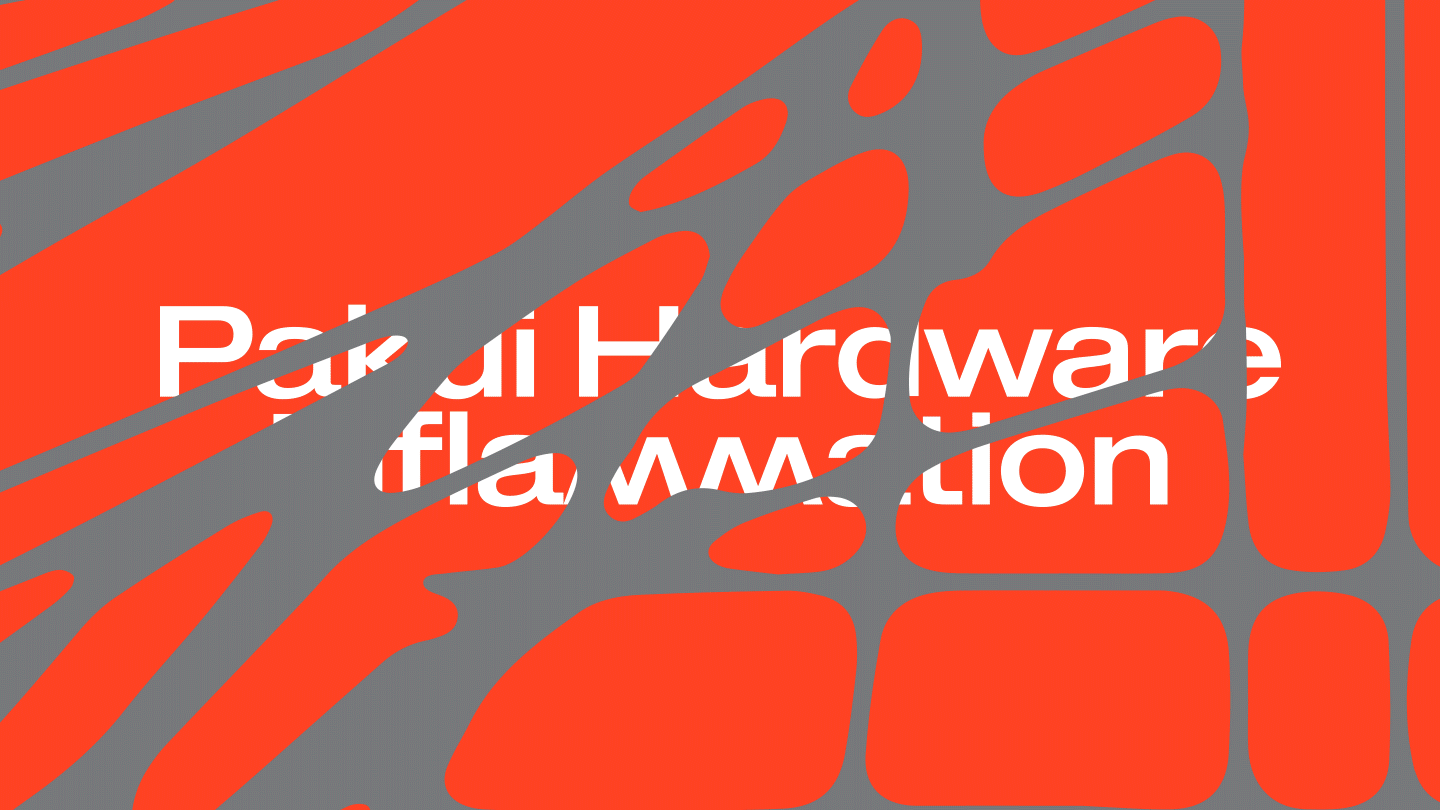Inflammation
October 27, 2023–February 11, 2024
3A Arsenalo st
LT-01100 Vilnius
Lithuania
A scorched landscape emerges on the retina strained by twilight.
On the marble floor, dunes of plastic soil. Along electric pathways, fuelled by motor “whisker” wires of neurons moves a gallery of kinetic figures; they resemble prosthetic organs and silhouettes of nervous systems. Instead of ceilings, dreamlike arches of geological or prehistoric animal fossils. In this delirious post-landscape, it’s hard to distinguish between what used to be attributed to nature and what was considered a human creation. Objects resembling human organs in a state of inflammation, architecture, a post-natural landscape, light and other technologies merge into a unified hybrid technoorganism.
Thematically, the new large-scale exhibition by Pakui Hardware, Inflammation, speaks of the fevers of humanity and the world, of the “flaming” bodies of the planet and of our own. The artists drew inspiration from Marya Rupa and Raj Patel’s book Inflamed: Deep Medicine and the Anatomy of Injustice, which uses the concept of inflammation as a metaphor for the systemic harms being inflicted on both humanity and the planet. Inflammation, according to the authors, is the body’s normal response to toxic conditions, and the first thing to be “treated” are not the individual unhealthy organs, but the very systems—economic or social—that make these chronic ailments be passed on from one generation to the next. Both the book and the exhibition connect the human and the planetary scales: not only our body, but also that of the planet is aflame.
The architecture of this kinetic installation and the landscape of the plastic earth was created by Isora x Lozuraityte Studio in collaboration with the artists. In the context of the artwork, plastic can be seen both as a highly durable, non-degradable fossil that represents the Anthropocene era and will undoubtedly outlive us for generations to come, and as an infestation that has contaminated a whole variety of ecosystems on a planetary scale.
Preparing a solo exhibition in Lithuania after a long break, the Pakui Hardware collective will represent Lithuania at the International Art Exhibition of La Biennale di Venezia 2024 together with Marija Teresė Rožanskaitė (1933–2007). This exhibition is an introduction to the future pavilion.
About the artists
Pakui Hardware (Neringa Černiauskaitė and Ugnius Gelguda) is a duo founded in 2014. In the eight years of its existence, it has held solo exhibitions at BALTIC Centre for Contemporary Art, Gateshead (UK); MUMOK Museum of Modern Art, Vienna; Museum of Fine Arts Leipzig; Kunstverein Bielefeld; carlier/gebauer, Berlin; Tenderpixel, London; Contemporary Art Centre, Vilnius; kim? Contemporary Art Centre, Riga; and Polansky, Prague. The duo’s exploration of the relationship between the body, technology and the economy, as well as their distinctive artistic expression, have attracted the attention of numerous art professionals – Pakui Hardware has participated in the Istanbul Biennial, the 13th Baltic Triennial in Vilnius, the Gardena Biennial in Italy and the Kaunas Biennial, as well as exhibitions at the Kunsthalle Basel, the MAXXI Museum in Rome, the National Gallery of Art in Prague, the National Gallery of Art in Vilnius, the Ujazdowski Art Centre in Warsaw, and the BOZAR Museum in Brussels, among many other. This year, the duo was also invited to curate the whole 2023 programme at La Casa Encedida Centre for Contemporary Art in Madrid.
Curator: Valentinas Klimašauskas / Exhibition environment and landscape architects: Išora x Lozuraitytė studio / Project coordinator: Evaldas Stankevičius / Architect coordinator: Eglė Jagminė / Light artist: Eugenijus Sabaliauskas / Design: Vytautas Volbekas / English translation: Alexandra Bondarev.
Media contact: Rūta Statulevičiūtė-Kaučikienė, ruta.kaucikiene [at] lndm.lt, T +370 667 08548.



